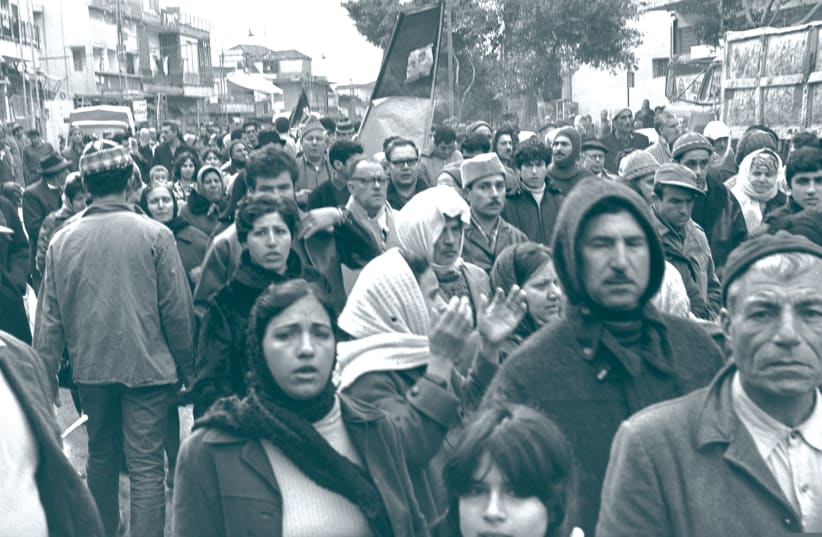Thafer Muallem, one of Iraq’s last remaining Jews, passed away this week. His death has brought out a large number of memories and emotions for Iraqis who seek to reconnect to the 2,600 years of Jewish history in the country. He is remembered as a “healer of the poor” in Iraq.
Edwin Shuker, a friend of the late Thafer, says that he first met the doctor in 2003. Thafer’s mother was among the first female doctors in Iraq and she had her own private clinic in Baghdad in the 1950s. When most of Iraq’s Jews were forced to leave the country, she remained right until her death a few years later.Thafer was born in 1960 and grew up during the height of the Saddam era, experiencing an Iraq that was, in the early 1980s, a powerful and successful country under an often brutal regime.
“They served the country to their last days,” says Shuker. “They chose to stay in spite of the many challenges.” Iraq suffered under sanctions in the 1990s. After the US invasion in 2003 sectarian violence has increased and pro-Iranian militias play a major role in the country. While in the northern Kurdistan region there has been more tolerance and outreach to the historic Jewish community, Jewish sites and shrines in Baghdad and other areas have either suffered neglect or been confiscated.
Thafer’s death has brought an outpouring of local interest in the Jewish community. Shuker sees that as a positive and important development.“There is an interest by Iraqi people in the Jewish community and its past contributions. There is a desire for Iraqis to reconnect with a community that now more than ever is being appreciated and treasured,” he says. Jewish memories are being cherished. People are also shocked to realize that the death of the doctor may bring a symbolic end to the handful of Jews who remain in Iraq.
The community once numbered in the hundreds of thousands, in the place where the Babylonian Talmud was written. Jews were 40% of the population of Baghdad at the turn of the century, and were important for Iraq and its modern development until the 1950s. They played a key role in politics and professional life, including medicine, finance, music, judiciary, trade and literature. There is a clamor for learning about the Jewish community now in Iraq, Shuker says.
“It’s not just about who Muallem was, but about this phenomenon where Iraqis feel that the Jews have been a positive influence," he said. "It has been noticeable over the past decade that the man in the street is seeking a reconnection with Jews of Iraqi origin wherever they may be – and hoping that one day they may return to help rebuild a country ravaged by violence and corruption.”
The outpouring of memorials for the Jewish doctor has been clear in online social media posts and Arabic media posts. Ali Baroodi, an academic in northern Iraq, wrote online about the mourning for the “last remaining Jewish doctor.” He noted that the doctor didn’t leave Iraq despite the challenges and said he was “more patriotic than tens of thousands: He was the one and only.”
